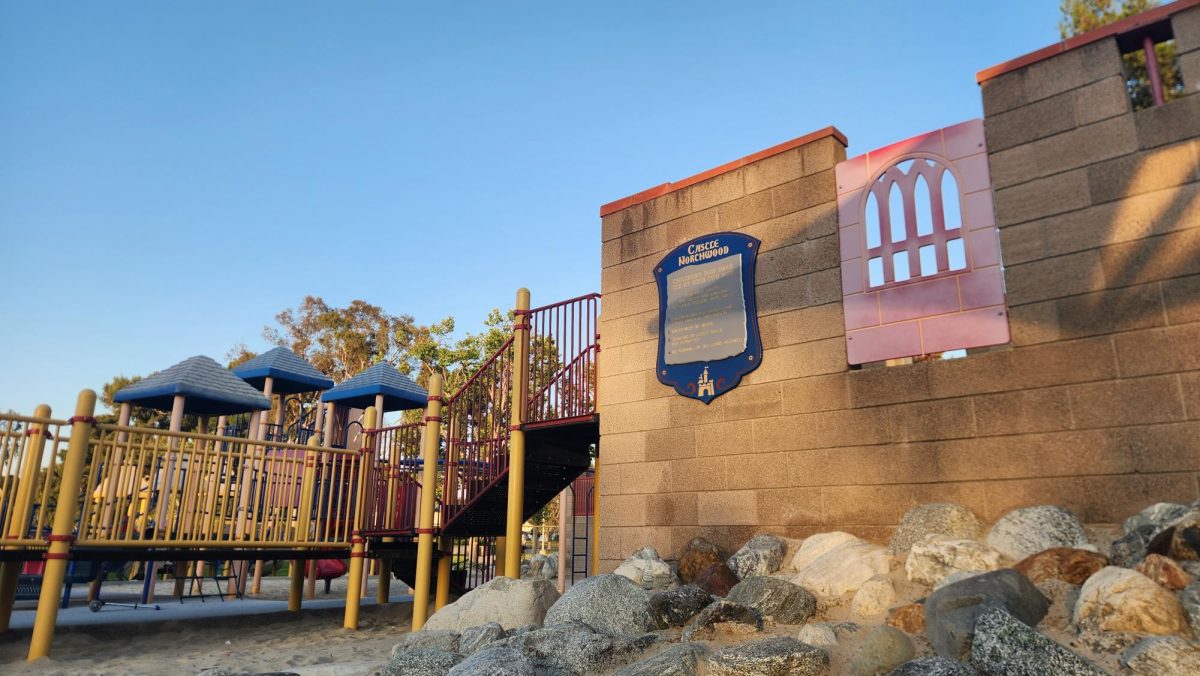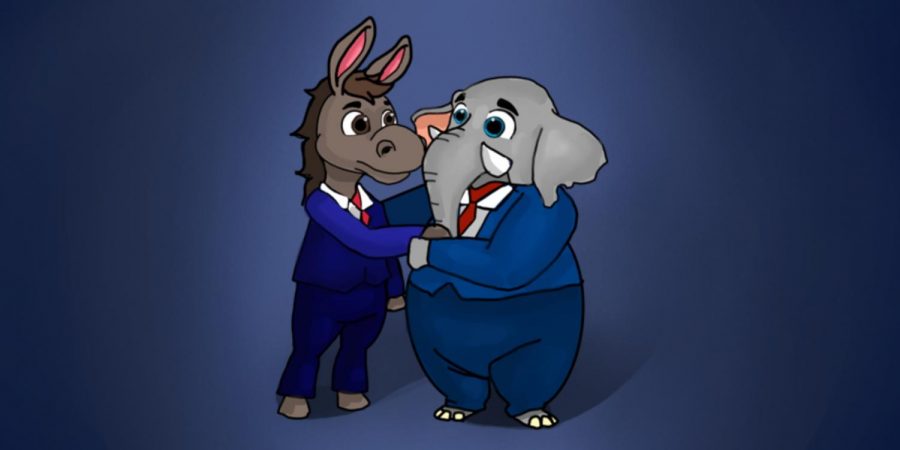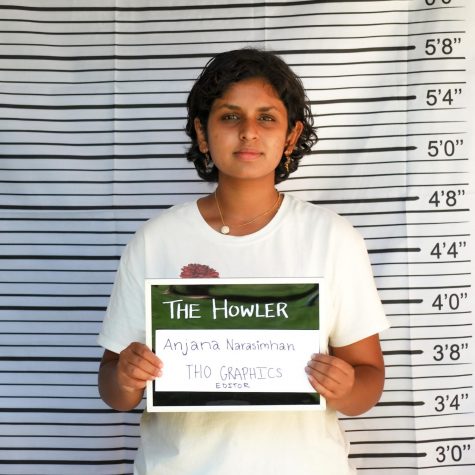Politics in the United States: The false promise for unity
March 22, 2021
One of the things I hate about preschool is all the lies they tell you. All the false promises they make in hopes of lifting your spirits. “Anything is possible within these bright, tacky walls, whether it’s battling magic dragons or taking long afternoon naps!” And then you’re thrown into the real world where you realize it’s all a lie. Dragons are figments of imagination. And afternoon napping at work will get you fired in the blink of an eye.
The promise of unity is no different: It’s as unattainable as unrequited love. We pine for it our entire lives, waiting for it to sweep us off our feet but it remains beyond reach, teasing us with knowing glances and tastes of what it might be like to finally attain it.
“Unity” is a word politicians throw around during their campaign speeches for dramatic effect. They pull us into their fantasy, coerce us into checking the box next to their name and then forget about the promises they made, over and over again, until the lines between reality and storybooks are blurred.
But what they never tell you in those storybooks is that none of it is real. There are no Cinderellas nor knights in shining armor that will return your slipper to you. There are only power-hungry people with dollar bills in their eyes that will turn you into a political slogan for their own benefit.
The turmoil that followed the 2020 presidential election is the perfect example. Politicians like former President Donald Trump know exactly what their words can do, but they throw them around anyway. So when he tweeted that the polls were inaccurate following President Joe Biden’s win, people believed him. When he incited his supporters to “fight like hell,” people believed him. People believed him, and they marched to the capital in an attempt to overturn his defeat, killing five people and injuring more than 140 in the process.
But this criticism isn’t only reserved for the right. According to a poll by the Pew Research Center, nearly three-quarters of Americans say that elected officials should refrain from using heated language at the risk of instigating violence, while 85% agree that the political atmosphere has become more toxic. This is further corroborated by the unfortunate passing of prominent political figures such as Supreme Court Justice Ruth Bader Ginsburg and talk radio host Rush Limbaugh, which created an atmosphere in which both sides ghoulishly celebrated death. Regardless of political affiliation, the loss of a life is distressing for a grieving family and to celebrate in the wake of their pain to convey a political message is another reason why unity is beyond our reach.
What is most concerning about the political atmosphere in the United States is that most politicians don’t have a genuine passion for social service. Selflessness is one of the most obvious prerequisites to unity, and yet most politicians are self-serving, manipulative and could care less about the poor. Why? The poor don’t win the elections.
According to Nicole Mason, executive director of the Center for Research and Policy in the Public Interest, politicians focus on who can help them the most in terms of population and money. The middle class has a stronger voting block, and therefore gets most of the attention.
At a rally in Iowa in late June 2020, Trump responded to a query about his rich cabinet by saying “I just don’t want a poor person” running the economy. Meanwhile, transcripts of former First Lady Hillary Clinton and Trump’s presidential debates show that the middle class was mentioned thirteen times while poverty was mentioned thrice. During his presidency, Barack Obama spoke the least about poverty than the past 10 presidents, while Mitt Romney stated that he “was not concerned about the poor.” Politicians such as Bernie Sanders that actively discuss the issue of poverty have been accused of being “single-issue” candidates.
“We must learn to live together as brothers and sisters and perish together as fools.” When Martin Luther King, Jr. delivered this statement with confidence more than 57 years ago, it inspired hope. Reading this now, fear and uncertainty overpower any semblance of optimism it provokes.
Unity might not exist in my current dictionary, but I cannot help but dream of a better world—a world in which we tell preschoolers that “anything is possible” and genuinely mean it.


























































